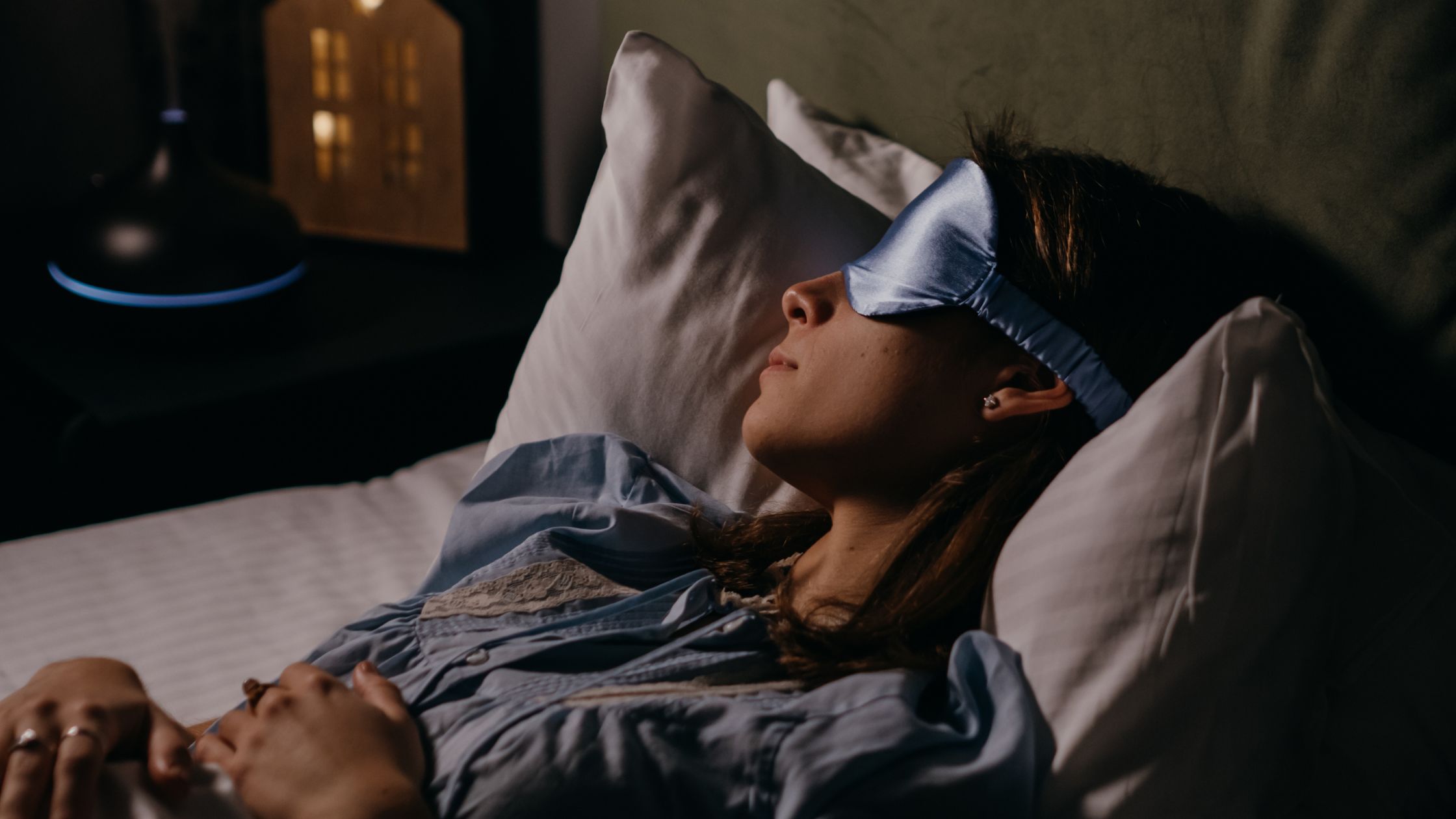Are you one of the 50 million Americans who struggle with sleep issues? Sleep is critical for our health and yet 1 out of 4 women and 1 out of 5 men can have issues with sleep. For those looking for natural support there are some holistic strategies you can use to help you sleep more soundly.
If you are looking for a more natural approach to addressing your insomnia, you may want to consider adding magnesium to your supplemental support plan. Although your body does not produce magnesium, it requires an immense amount for optimal health. Low levels of magnesium may be contributing to poor quality sleep and possibly even insomnia.
How Do You Get Magnesium?
The most beneficial way to add more magnesium is through your diet. This means adding magnesium-rich foods such as pumpkin seeds, Swiss chard, spinach, summer squash, and turnip greens.
If you feel that you are still not getting enough magnesium through your diet, or if testing has revealed a micronutrient deficiency, including magnesium, you may need to consider supplementation. As you age, magnesium deficiency becomes more common.
Benefits of taking magnesium
Magnesium is used for over 300 enzymatic functions in the body. As such have proper magnesium levels can support the body in many way including:
- Helping to reduce blood pressure
- Support blood sugar balance and improve insulin resistance
- Reduce hypertension
- Supportive for cardiovascular health
- Beneficial for reducing migraine headaches
- May help improve anxiety and depression
- And helping to reduce levels of insomnia
Studies have shown that people with low levels of magnesium may have trouble both falling asleep and staying asleep. Supplementing with magnesium appears to help people fall asleep faster and stay asleep longer. One study noted that it was especially supportive for older adults.
Other tips for sleep
If you are trying to improve how well you sleep just adding magnesium is not going to be enough. There are some other healthy habits that you need to add into the mix as well.
Have a regular winding down routine. This helps signal your body that it’s time to get ready to sleep. Good habits for winding down may include reading a book (paper is preferred over e-readers as the blue light can interfere with your ability to fall asleep), taking a warm bath, or even just making sure you get ready for bed at the same time every day.
It is also important to reduce your caffeine levels, especially after 3:00 PM. And alcohol is not a good choice to help you sleep. It may seem like you’re sleeping more but the quality of alcohol-fueled sleep is very poor and will not help you get the restorative benefits of sleep that you need.
In Conclusion
If you’re someone who is dealing with insomnia or poor quality sleep consider starting a sleep journal to see just how much sleep you’re really getting. Then look at your diet ad consider adding more magnesium rich foods. If necessary consider doing micronutrient testing and check your levels, adding supplementation if needed. And consider building a healthy sleep habit routine.
[expand title="Sources"]
Julia, Nina. "Sleep Statistics: Facts & Latest Data In America (2023 Update)". CFAH, 2022, https://cfah.org/sleep-statistics/. Accessed 15 August 2023
Nielsen, Forrest H. "Relation Between Magnesium Deficiency And Sleep Disorders And Associated Pathological Changes". Modulation Of Sleep By Obesity, Diabetes, Age, And Diet, 2015, pp. 291-296. Elsevier, doi:10.1016/b978-0-12-420168-2.00031-4. Accessed 15 Aug 2023.
Killilea, David, and Jeanette Maier. "A Connection Between Magnesium Deficiency And Aging: New Insights From Cellular Studies". Magnesium Research : Official Organ Of The International Society For The Development Of Research On Magnesium, vol 21, no. 2, 2008, p. 77., https://www.ncbi.nlm.nih.gov/pmc/articles/PMC2790427/. Accessed 15 Aug 2023.
Romani, Andrea M. P. "Beneficial Role Of Mg2+ In Prevention And Treatment Of Hypertension". International Journal Of Hypertension, vol 2018, 2018, pp. 1-7. Hindawi Limited, doi:10.1155/2018/9013721. Accessed 15 Aug 2023.
Mah J, Pitre T. Oral magnesium supplementation for insomnia in older adults: a Systematic Review & Meta-Analysis. BMC Complement Med Ther. 2021 Apr 17;21(1):125. doi: 10.1186/s12906-021-03297-z. PMID: 33865376; PMCID: PMC8053283. Accessed 15 Aug 2023.
Barragán-Rodríguez L, Rodríguez-Morán M, Guerrero-Romero F. Efficacy and safety of oral magnesium supplementation in the treatment of depression in the elderly with type 2 diabetes: a randomized, equivalent trial. Magnes Res. 2008 Dec;21(4):218-23. PMID: 19271419. Accessed 15 Aug 2023.
Tarleton EK, Littenberg B, MacLean CD, Kennedy AG, Daley C. Role of magnesium supplementation in the treatment of depression: A randomized clinical trial. PLoS One. 2017 Jun 27;12(6):e0180067. doi: 10.1371/journal.pone.0180067. PMID: 28654669; PMCID: PMC5487054. Accessed 15 Aug 2023.
Gröber U, Schmidt J, Kisters K. Magnesium in Prevention and Therapy. Nutrients. 2015 Sep 23;7(9):8199-226. doi: 10.3390/nu7095388. PMID: 26404370; PMCID: PMC4586582. Accessed 15 Aug 2023.
Zhang, Yijia et al. "Association Of Magnesium Intake With Sleep Duration And Sleep Quality: Findings From The CARDIA Study". Current Developments In Nutrition, vol 5, 2021, p. 1109. Elsevier BV, doi:10.1093/cdn/nzab053_102. Accessed 15 Aug 2023.
[/expand]


